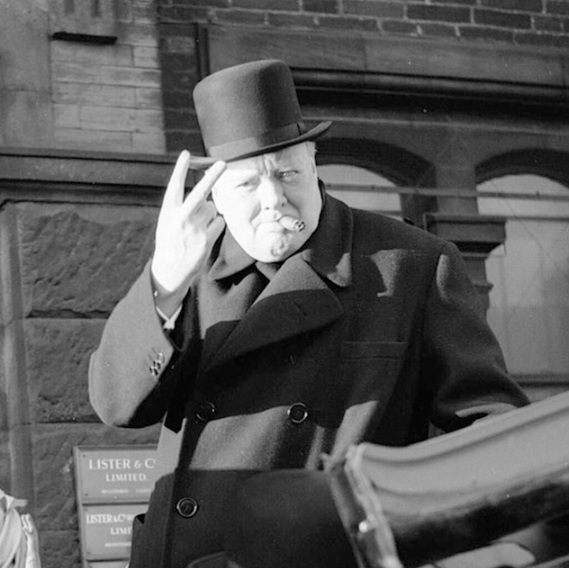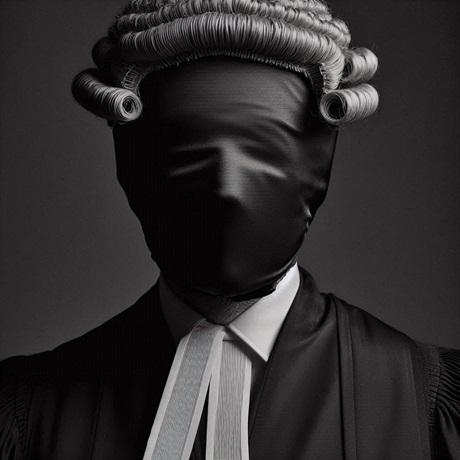The Independent Office for Police Conduct (IOPC) stands as a critical pillar of accountability within the United Kingdom’s policing system.
Our vision is that everyone is able to have trust and confidence in the police.
IOPC Vision
Tasked with investigating complaints and serious incidents involving police officers and certain other law enforcement bodies, the IOPC ensures transparency and fairness and fostering public trust in the police and law enforcement.
Origins of the IOPC
The IOPC was established in January 2018 under the Policing and Crime Act 2017, which reformed the police complaints system to enhance independence, efficiency, and public confidence. It replaced the Independent Police Complaints Commission (IPCC), which was created under the Police Reform Act 2002. The 2002 Act laid the foundation for independent oversight of police conduct, while the 2017 Act strengthened the system by granting the IOPC broader powers, streamlining processes, and establishing a clearer governance structure. Operating independently of the police and government, the IOPC reports to the Home Office but remains free from political influence, as mandated by the 2017 Act.
The IOPC’s jurisdiction, defined under Part 2 of the Police Reform Act 2002 (as amended), covers England and Wales, overseeing complaints against police forces, including local forces, the Metropolitan Police, and specialised bodies like the National Crime Agency (NCA). The National Crime Agency (Complaints and Misconduct) Regulations 2013 specifically extend the IOPC’s oversight to the NCA, enabling it to investigate complaints and serious misconduct involving NCA officers, such as allegations of corruption or abuse of power. Additional legislation, including the Police (Conduct) Regulations 2020 and Police (Complaints and Misconduct) Regulations 2020, further delineates the IOPC’s authority to probe officer conduct and manage complaints, ensuring a robust legal framework for accountability.
Structure and Operations
Led by Director General Rachel Watson, appointed under the Policing and Crime Act 2017, the IOPC employs a diverse team of investigators, including civilians and former police officers, to maintain impartiality. A unitary board of non-executive directors, established under the 2017 Act, provides strategic oversight and ensures public accountability. The IOPC’s core functions, outlined in the Police Reform Act 2002, include conducting independent investigations into serious incidents, overseeing police-led investigations, and handling appeals from complainants dissatisfied with local force outcomes. It also identifies systemic issues, issuing recommendations to improve policing practices across forces and agencies like the NCA, as empowered by the National Crime Agency (Complaints and Misconduct) Regulations 2013.
The Investigation Process
The IOPC’s investigative powers are rooted in the Police Reform Act 2002, Policing and Crime Act 2017, and National Crime Agency (Complaints and Misconduct) Regulations 2013. Referrals are mandatory for serious cases like deaths in custody, police shootings, or NCA officer misconduct under the 2013 Regulations which are assessed to determine whether independent investigation or oversight of a force-led inquiry is required.
The IOPC can compel evidence, access records, and interview witnesses, powers reinforced by the 2002 and 2017 Acts and extended to NCA cases via the 2013 Regulations. Investigations involve analysing police and NCA records, body-worn camera footage, and witness statements.
Outcomes may include disciplinary recommendations under the Police (Conduct) Regulations 2020, referrals to the Crown Prosecution Service for criminal charges, or systemic recommendations to prevent recurrence, such as improvements in NCA procedures.
The IOPC publish Guidance on the National Crime Agency (Complaints and Misconduct) Regulations 2013.
How to make a Complaint
The IOPC oversee the police complaints system in England and Wales, however most complaints are handled by the relevant police force. Each force has a department that makes sure that complaints are dealt with appropriately, these are usually called professional standards departments.
The IOPC only independently investigate the most serious and sensitive matters. These are the type of matters that have the potential to affect public confidence in the police, such as deaths and serious injuries.
The IOPC publish a guide to the complaints process and a guide to the police complaints system leaflet.
Impact and Legislative Influence
The IOPC’s investigations have driven significant change. Its probes into deaths in custody, guided by the Coroners and Justice Act 2009, have led to enhanced police training and procedures for handling vulnerable individuals.
Investigations involving NCA officers, enabled by the National Crime Agency (Complaints and Misconduct) Regulations 2013, have addressed issues like misuse of surveillance powers, prompting tighter internal controls.
The IOPC’s recommendations often influence Home Office guidance and force policies, aligning with the Policing and Crime Act 2017’s emphasis on systemic reform. High-profile cases, such as those involving excessive force or NCA misconduct, have spurred legislative updates, including stricter conduct standards under the Police (Conduct) Regulations 2020.
Despite its impact, the IOPC faces challenges. Investigations can be protracted, frustrating complainants and eroding trust, a concern acknowledged in reviews of the 2017 Act’s implementation.
The use of former police officers as investigators raises impartiality questions, though the IOPC’s protocols, mandated by the 2017 Act, aim to mitigate bias. Public perceptions of policing, often shaped by high-profile incidents, create a polarised environment, making the IOPC’s role both vital and contentious.
Future of the IOPC
The IOPC continues to evolve within its legislative framework. Reforms under the Policing and Crime Act 2017 have prioritised transparency, with increased publication of investigation outcomes and community engagement to address concerns like racial disparities in policing, aligning with duties under the Equality Act 2010.
The IOPC’s oversight of the NCA, reinforced by the National Crime Agency (Complaints and Misconduct) Regulations 2013, ensures accountability extends to specialised agencies, critical as the NCA’s role in tackling organised crime grows. By leveraging its powers under the 2002 and 2017 Acts and the 2013 Regulations, the IOPC remains a cornerstone of UK policing oversight.
Conclusion
In conclusion, the IOPC plays an indispensable role in ensuring accountability, transparency, and fairness in policing and agencies like the NCA. Its legislative framework—spanning the Police Reform Act 2002, Policing and Crime Act 2017, National Crime Agency (Complaints and Misconduct) Regulations 2013, and supporting regulations—equips it to address misconduct, drive reform, and uphold public confidence. As policing faces increasing scrutiny, the IOPC’s commitment to impartiality and systemic improvement will continue to shape a more accountable law enforcement system.
Check out our articles on Policing by Consent, Police Professional Standards Department, Crime Reporting, What is a Police and Crime Commissioner ?, Sussex Police, Policing, Police News, Two Tiered Policing, Thought Police, Wasting Police Time, Police Community Support Officers (PCSO), Met Police, Chief Constable Jo Shiner, R v Sussex Justices and the highly questionable Sussex Family Justice Board.






The Ministry of Injustice is not the Ministry of Justice nor is it affiliated in any way with the justice system, legal profession or any law enforcement agencies.
Most Popular ↓




What is Policing by Consent ? What is Two Tier Policing ?
Latest Articles ↓
- Can a Solicitor or Barrister Mislead a Court ?In England and Wales, the legal system demands integrity and truth from all legal professionals involved in court proceedings. Solicitors and barristers are bound by… Read more: Can a Solicitor or Barrister Mislead a Court ?
- What is the Forensic Science Regulator ?Forensic science is a cornerstone of modern criminal justice, providing critical evidence that can make or break a case. However, the reliability and accuracy of… Read more: What is the Forensic Science Regulator ?
- What is the Criminal Cases Review Commission ?The Criminal Cases Review Commission (CCRC) stands as a vital institution within the criminal justice system, dedicated to investigating potential miscarriages of justice. Established in… Read more: What is the Criminal Cases Review Commission ?
- Did Bobby Vylan and the BBC break the law at Glastonbury 2025 ?The performance by Bob Vylan at Glastonbury 2025, where frontman Bobby Vylan (reportedly Pascal Robinson-Foster) led chants of “death, death to the IDF” and “from… Read more: Did Bobby Vylan and the BBC break the law at Glastonbury 2025 ?
All Articles can be found in the Legal Blog or Sitemap.
You should always seek formal legal advice from a qualified and reputable lawyer (solicitor or barrister).
‘Justice delayed is justice denied’
William Ewart Gladstone
There are a number of links to Free and Paid For Legal Resources and Legal Organisations on the Free Legal Advice , Legal Aid and Pro Bono pages.
Independent Office for Police Conduct (IOPC) was last updated on the 8th July 2025





